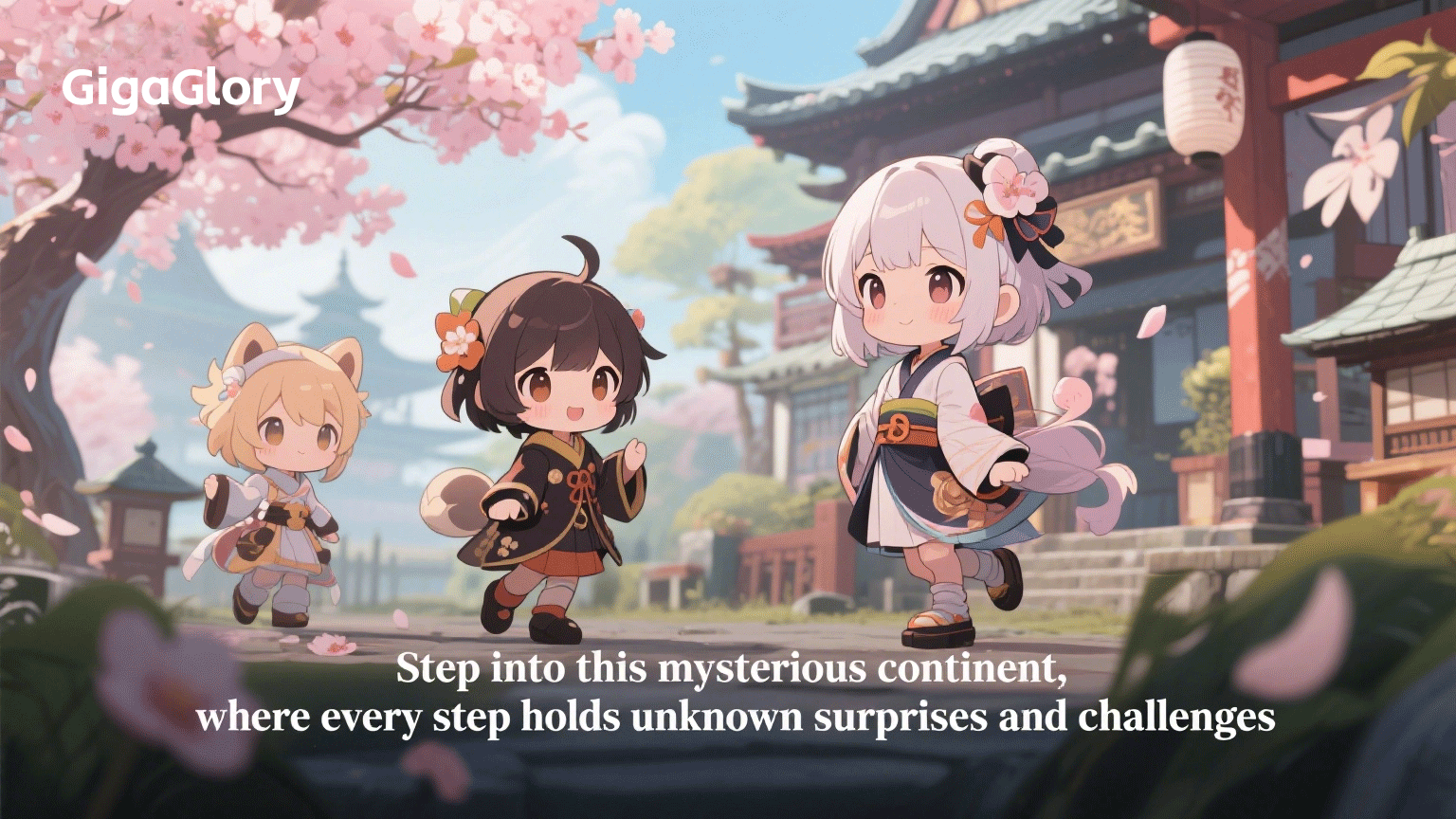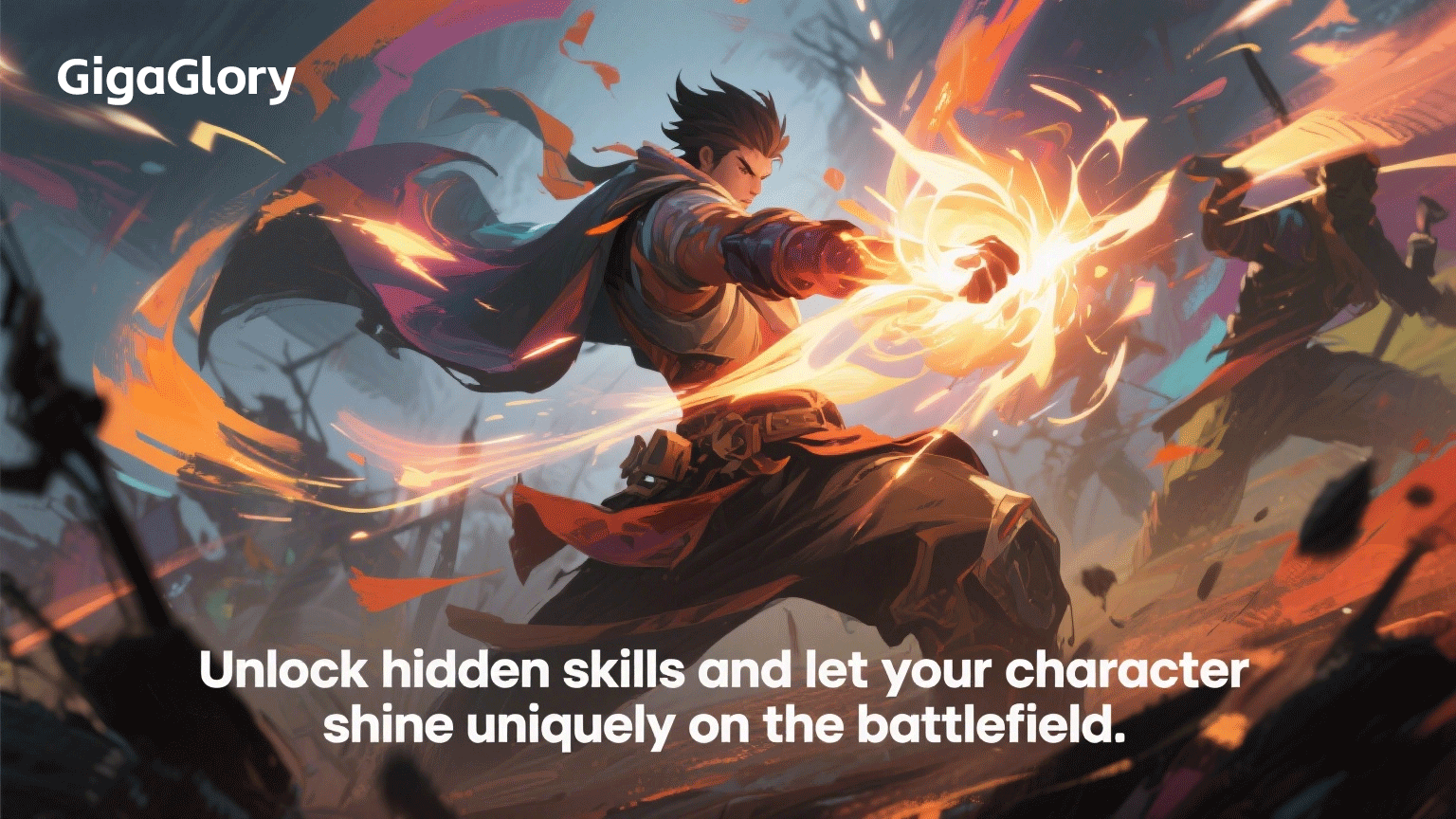Unlocking Fun and Learning: How Puzzle Games Transform Educational Games for All Ages
Puzzle games have gained immense popularity, not just for their entertainment value but also for their potential to enhance learning. Educational games are becoming a trend, incorporating puzzle elements that cater to players of all ages. With the evolution of technology and gaming platforms, engaging with content that combines fun and education is not just beneficial but essential in today’s digital world.
The Rise of Puzzle Games in Education
Puzzle games have a rich history, evolving from simple block toys to complex digital experiences. The integration of these games into educational contexts demonstrates how they can facilitate learning processes. Benefits extend beyond mere enjoyment; they stimulate critical thinking, problem-solving skills, and cognitive development.
What Are Puzzle Games?
Puzzle games typically involve problem-solving challenges that require players to think strategically and logically. They range from classic jigsaw puzzles to more complex digital formats. Common genres include:
- Logic puzzles
- Word games
- Matching games
- Building and strategy games
These games encourage creativity and imagination while also providing an engaging way to learn new concepts. They serve as platforms for skill enhancement, making them perfect for educational settings.
Benefits of Puzzle Games in Educational Settings
Integrating puzzle games into educational environments offers numerous advantages. Here are some key points:
- Enhanced Problem Solving: Players learn to identify issues and develop solutions quickly.
- Critical Thinking Skills: Engaging with complex challenges fosters analytical skills that are valuable in academic and real-world situations.
- Team Collaboration: Many puzzle games encourage group play, promoting teamwork and communication.
- Focus and Concentration: Players must concentrate to succeed, improving their ability to focus on tasks.
How Educational Games Incorporate Puzzle Elements
The incorporation of puzzles into educational games enhances the traditional learning experience. Developers are finding innovative ways to merge gameplay mechanics with educational content, often focusing on real-world applications.
Examples of Educational Puzzle Games
| Game | Age Group | Learning Focus |
|---|---|---|
| Math Blaster | 7-12 | Math Skills |
| Rush: A Disney Pixar Adventure | 5+ | Teamwork & Logic |
| Carmen Sandiego | 10+ | Geography & History |
The Impact of Technology on Puzzle Games
With the rise of cloud gaming services like EA Sports FC 24 and streaming platforms, puzzle games have become more accessible. Players can enjoy games from the comfort of their homes or on-the-go. This accessibility has broadened the audience, allowing more people to experience the benefits of educational puzzle games.
Puzzle Games for All Ages
One of the significant advantages of puzzle games is their flexibility for various age groups. Many games are designed to adapt to different skill levels, making them suitable for children, teenagers, and adults alike.
- Kids: Fun and engaging, designed to develop foundational skills.
- Teenagers: More complex challenges that prepare them for future academic pursuits.
- Adults: Games focused on strategy and critical thinking, often used for professional development.
Future Trends in Educational Puzzle Games
As technology advances, the future of educational puzzle games looks promising. Developers are incorporating elements like augmented reality (AR) and virtual reality (VR) to create immersive experiences. These technologies will revolutionize how players engage with educational content, providing more interactive and engaging learning environments.
Challenges in Implementing Puzzle Games in Education
Despite their numerous advantages, there are challenges in integrating puzzle games into educational frameworks. Issues include:
- Resistance from traditional educators
- Cost of implementation
- Ensuring educational value over entertainment value
Conclusion
Puzzle games offer a unique blend of education and entertainment, appealing to players of all ages. Their ability to foster critical thinking and problem-solving skills make them indispensable in modern education. With evolving technology and increasing accessibility, the potential for puzzle games in educational contexts is vast. By embracing these games, educators can create engaging learning environments that benefit students while making education a fun journey.
FAQ
What are some popular puzzle games for education?
Some popular titles include Math Blaster, Rush: A Disney Pixar Adventure, and Carmen Sandiego.
Can adults benefit from puzzle games?
Absolutely! Many puzzle games are geared towards adults, focusing on critical thinking and strategy, which can be beneficial in professional scenarios.
How do puzzle games enhance cognitive skills?
Puzzle games stimulate brain function by challenging players to solve problems, encouraging analytical thinking and creativity.
What technology is shaping the future of puzzle games?
Innovations like AR and VR are set to transform how puzzle games are played, providing immersive learning experiences.



